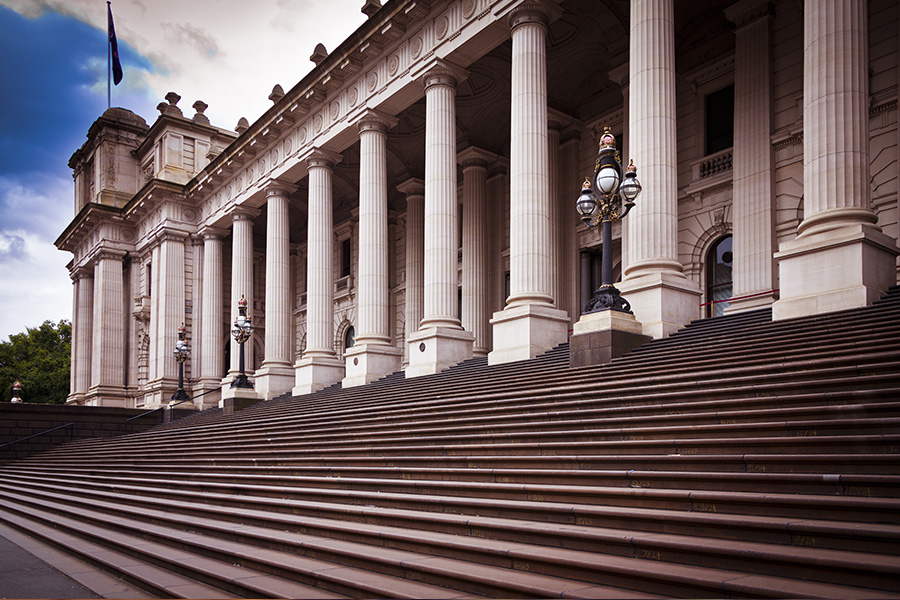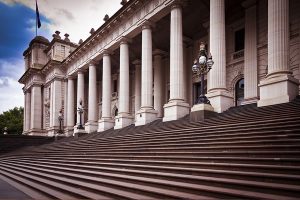Australian PM rejects a nationwide gambling reform

Australian Prime Minister Anthony Albanese stressed protections around poker machines are a matter for the states.
Australia.- While the debate around a possible gambling reform in the state of New South Wales, ahead of the upcoming elections goes on, the Prime Minister of Australia, Anthony Albanese, set out his position on the matter and said that he was not considering a nationwide gambling reform.
Instead, Albanese stressed the regulation of poker machines and a reform of the sector are in the hands of the lawyers in each state.
As reported by The Australian Financial Review, Albanese pointed out: “Problem gambling is a problem … it’s a scourge. I’m someone who has a bet sometimes once a year on the Melbourne Cup, that’s it, and that’s the extent of my engagement. But the regulation of these issues is a matter for the states and territories, and it varies across the states and territories.”
Labor leader Chris Minns has stated in case the NSW Labor Party win the election, the government will introduce a series of gambling reforms.
Through Twitter, Minns said it will be “the most comprehensive reform package in NSW history.”
A poker machine must be forfeited for every two machines traded between a pub or club in the state as part of the plan to reduce the number of machines. Currently, one machine is forfeited for every three traded, according to Minns.
The party also plans to introduce a mandatory 12-month cashless gaming trial in NSW, which will begin on July 1, 2023. The trial will include at least 500 machines, with a mix of pubs and clubs. Minns said an independent panel will be tasked with providing a roadmap to the implementation of gaming reform across the state.
The cashless gaming card proposal had been suggested by the New South Wales Crime Commission (NSWCC) after its report into money laundering.
Clancy Moore, Chief Executive at Transparency Australia, said an independent national regulator should be considered and stressed the gambling industry causes a remarkable influence on the Australian democracy through donations to the major parties and “hiring former politicians and advisers to lobby on their behalf.”








